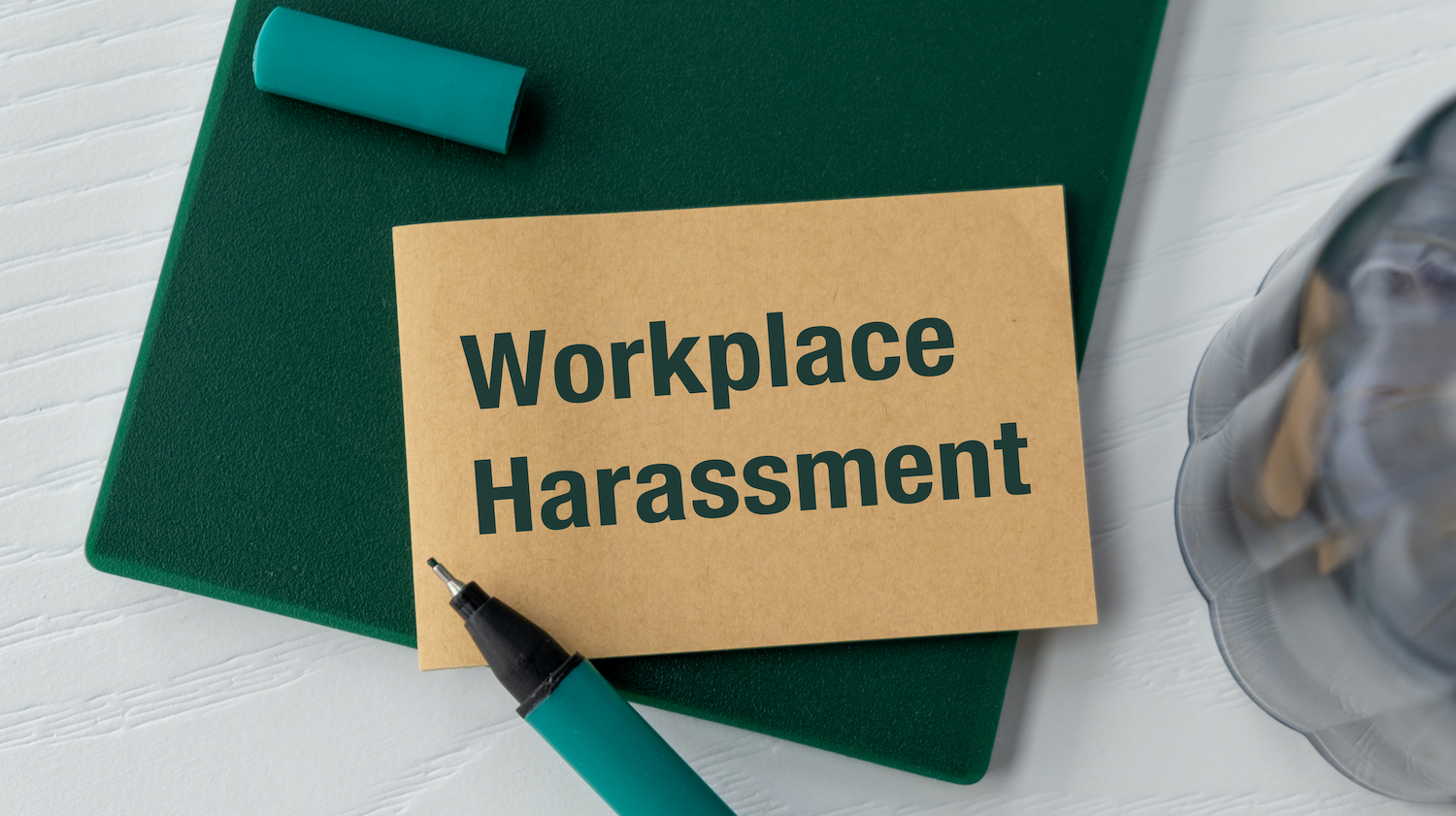
Navigating construction’s social media minefield
Balancing employee freedom and employer risk is increasingly complex in the social media age
As virtual interactions grow, so does the visibility of our personal opinions.
Social media platforms like X and Facebook mean what employees post in their own time on personal accounts can be seen by colleagues, clients and the public. This blurs boundaries and can impact the employment relationship.
Offensive content can harm workplace relationships, leading to complaints, harassment claims or reputational damage for the employer.
For example, Wates recently had to publicly defend its reputation and dismiss an employee for a ‘malicious communication’ about the Hillsborough tragedy.
Given these risks, it’s crucial both employers and employees understand their rights and responsibilities.
Employers should gather evidence on a post’s impact on the workplace and potential impact on the business’ reputation. They should consider if a warning or training might be more appropriate than dismissal
Dismissal process
Under UK law, employees with more than two years of continuous service have the right not to be unfairly dismissed. To lawfully dismiss for inappropriate social media posts, a ‘potentially fair’ reason, such as misconduct,is required.
Gross misconduct can justify dismissal without notice, yet it is crucial to conduct a thorough investigation in each case.
Take the time to understand the ‘reach’ of the post. Employers should gather evidence on its impact on the workplace and potential impact on the business’ reputation. They should consider if a warning or training might be more appropriate than dismissal.
Employers should check if their disciplinary policy specifies social media misconduct as grounds for dismissal and if social media policy has been breached.
Having clear policies and training helps avoid employees claiming ignorance of acceptable online behaviour.
Inconsistent case outcomes
Case outcomes vary. In Crisp v Apple, the tribunal ruled an employee was fairly dismissed after he posted negative comments about his employer on his private Facebook page.
The tribunal heard Apple has a clear policy on social media which prohibits employees from making comments or acting in any way that might damage its brand.
By way of contrast, in Smith v Turnock, an assembly operative was dismissed for gross misconduct after sharing a meme making fun of workplace cultures on Facebook.
The dismissal was held to be unfair, with the tribunal ruling that simply sharing the post was not enough to warrant being dismissed, as “it was difficult to say whether anybody looking at [the content] would link it directly to [her] working environment”.
Key advice for employers:
- Review and clarify disciplinary and social media policies to set clear expectations and potential sanctions.
- Provide training on online conduct to prevent issues.
- Assess cases individually with thorough investigations to ensure justified actions.
- Be cautious if the post reflects a ‘manifestation of belief’ to avoid potential discrimination risks.
Agency workers
The construction industry relies heavily on indirect and agency labour. If an agency worker makes an inappropriate social media post then, as the end user, you should be able to request that the worker is removed from your contract.
However, this is not without risk. Although agency workers can’t claim that you have unfairly dismissed them, if the post was linked to a characteristic protected from discrimination, then you could still be at risk of a discrimination claim if calling for the removal of the employee was not justified.
Historic posts
If an employer learns of offensive posts made before hiring an employee, disciplinary action or dismissal may be justified.
Cases such as Omooba v Michael Garret Associates and Alexi McCammond’s dismissal from Teen Vogue for historical racist tweets underscore the potential long-term impact of social media posts.
Employers must balance freedom of expression with the potential impact on colleagues and business reputation to avoid unfair dismissal or discrimination claims. Legal advice is recommended when dealing with such situations
Protected beliefs
A complex line of case law addresses when employees express opinions online that are protected beliefs under the Equality Act 2010.
Employers must balance freedom of expression with the potential impact on colleagues and business reputation to avoid unfair dismissal or discrimination claims. Legal advice is recommended when dealing with such situations.
A proportionality exercise must always be undertaken whenever action is being considered related to a protected belief.
In Forstater v CGD, a tribunal found in favour of a researcher dismissed for gender-critical views, awarding her more than £100,000.
Key factors include audience reach, context and freedom to express views outside work.
Best practice for employers and employees
Employers must be fair:
- Take a case-by-case approach, investigating all incidents thoroughly. Implement a clear social media policy to outline online expectations.
- Avoid overreacting to social media posts; consider context and alternative sanctions before deciding on dismissal.
- Always ensure fair procedure, giving employees an opportunity to explain and carefully evaluating if dismissal is the only option.
Employees must be aware:
- Think before you post. Avoid derogatory comments, especially about your employer, colleagues or clients.
- Familiarise yourself with your employer’s social media policies.
- Separate work and personal accounts when possible and review privacy settings to limit public visibility.
In this age of blurred boundaries, both employers and employees need to navigate the challenges of social media responsibly.
Gearalt Fahy is a partner at Womble Bond Dickinson.







